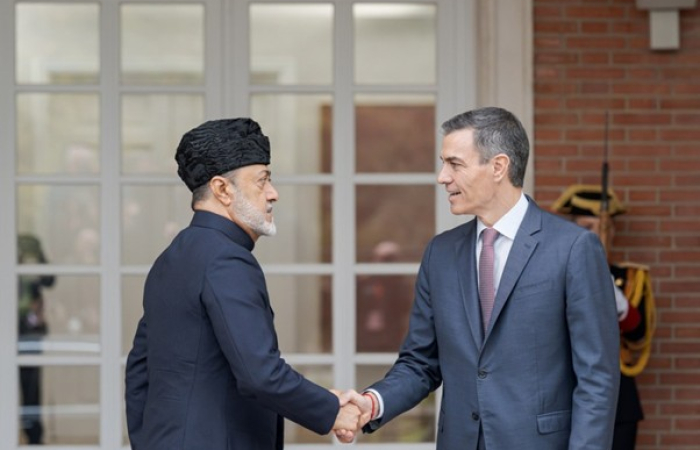Американский сопредседатель Минской процесса ОБСЕ, посол Джеймс Варлик, дал интервью агентству азербайджскому агентству АПА о состоянии мирного процесса. Читайете его ниже в полном объеме:
- Как бы вы охарактеризовали нынешнюю ситуацию на линии соприкосновения после своего последнего визита в регион?
- На линии соприкосновения ситуация продолжает оставаться напряженной, но с конца января она стабилизировалась. Мы призываем стороны соблюдать режим прекращения огня, чтобы создать благоприятную атмосферу для мирных переговоров.
- Вы заявили, что целью этого визита было призвать стороны к соблюдению режима прекращения огня. А были ли выдвинуты какие-то конкретные предложения в ходе визита?
- На встречах президенты подтвердили приверженность мирному урегулированию конфликта и заявили, что будут учитывать предложения в связи с укреплением режима прекращения огня. Наши предложения предотвратят инциденты, которые могут способствовать росту напряженности. Мы надеемся, что стороны смогут прийти к согласию по этому и другим вопросам.
- Вы сказали, что в ходе визита встретились с сотрудниками Международного Комитета Красного Креста. До этого помощник госсекретаря США Виктория Нуланд призвала Армению вернуть азербайджанских заложников в качестве гуманитарного жеста. Как обстоят дела с этим вопросом?
- Два гражданина Азербайджана все еще находятся в тюрьме. Мы все еще верим, что освобождение сторонами людей, которые находятся под арестом, было бы важным гуманитарным жестом.
- Армянская сторона требует участия в переговорах представителей де-факто режима Нагорного Карабаха. Как этот вопрос может повлиять на переговорный процесс?
- В процессе переговоров следует учитывать интересы населения Нагорного Карабаха. Именно по этой причине сопредседатели совершают поездки в Нагорный Карабах, встречаются там с де-факто руководством и другими членами общины.
- Имеются ли планы в связи с проведением встречи министров иностранных дел обеих стран?
- В приемлемое время мы планируем организовать встречу министров иностранных дел и поддерживаем с ними тесные контакты. Несмотря на то, что подобные встречи мы считаем полезными, встречаться или нет, решают сами министры.
- Вы рассказали о планах организовать встречу президентов к концу текущего года. Как будет вестись подготовка к этой встрече, и на какое время она запланирована? В последних интервью вы говорили, что не хотите проведения встречи только ради встречи. Какие у вас планы, чтобы встречи не проводились только ради встречи?
- В октябре 2014 года на парижской встрече президенты заявили, что они за развитие диалога в этом году. В ходе последнего визита сопредседателей в регион президенты выразили готовность встретиться в течение этого года. Мы вместе с министрами иностранных дел основательно работаем над тем, чтобы уменьшить разногласия между сторонами и подготовить повестку очередной встречи президентов.
источник: commonspace.eu по материалам АПА, Баку
фото: посол Джеймс Уорлик (фото из архива).






